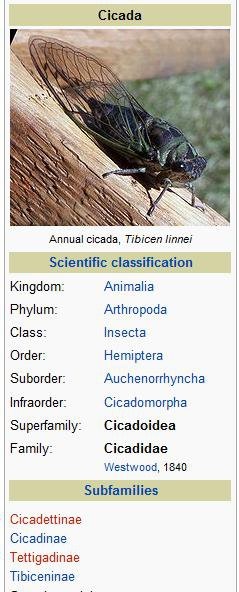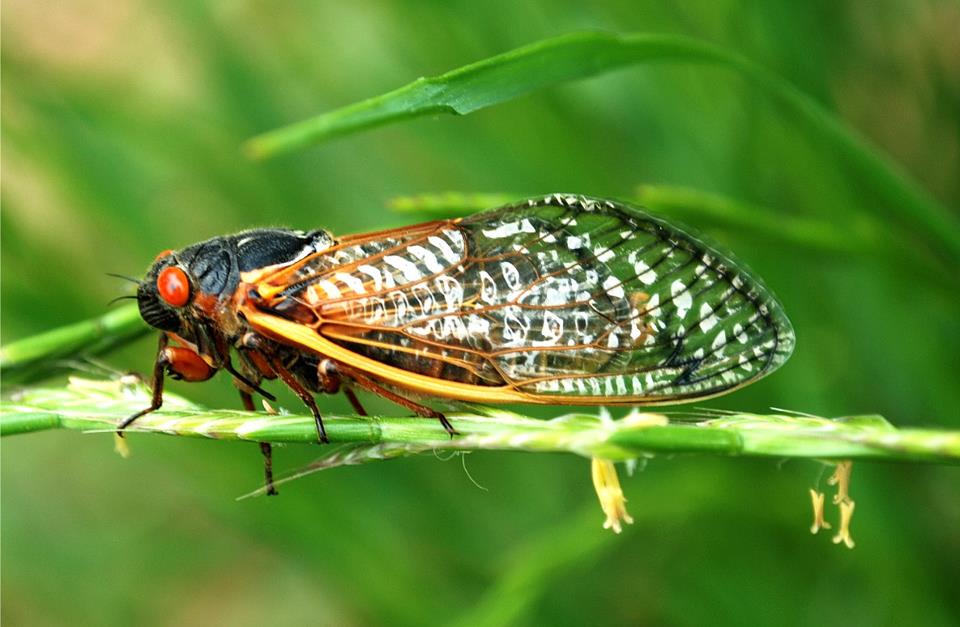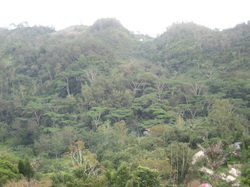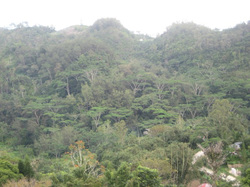Dalaguete's Haring "Gangis"

A cicada (pronounced /sɪˈkeɪdə/ or pronounced /sɪˈkɑːdə/) is an insect of the order Hemiptera, suborder Auchenorrhyncha, in the superfamily Cicadoidea. Cicadas live in temperate to tropical climates where they are among the most widely recognized of all insects, mainly due to their remarkable acoustic talents.The name is a direct derivation of the Latin cicada, meaning "buzzer". In classical Greek, it was called a tettix, and in modern Greek tzitzikas—both names being onomatopoeic.Male cicadas have loud noisemakers called "tymbals" on the sides of the abdominal base. The tymbals are regions of the exoskeleton that are modified to form a complex membrane with thin, membranous portions and thickened "ribs".Contracting the internal tymbal muscles produces a clicking sound as the tymbals buckle inwards. As these muscles relax, the tymbals return to their original position producing another click. Contracting the internal tymbal muscles produces a clicking sound as the tymbals buckle inwards. As these muscles relax, the tymbals return to their original position producing another click.Average temperature of the natural habitat for this species is approximately 29 °C (84 °F). During sound production the temperature of the tymbal muscles were found to be slightly higher.[10] Cicadas like heat and do their most spirited singing during the hotter hours of a summer day. Some cicadas produce sounds up to 120 dB (SPL)[11] "at close range", among the loudest of all insect-produced sounds.[12] This is especially notable as their song is technically loud enough to cause permanent hearing loss in humans, should the cicada sing just outside the listener's ear (unlikely).










































